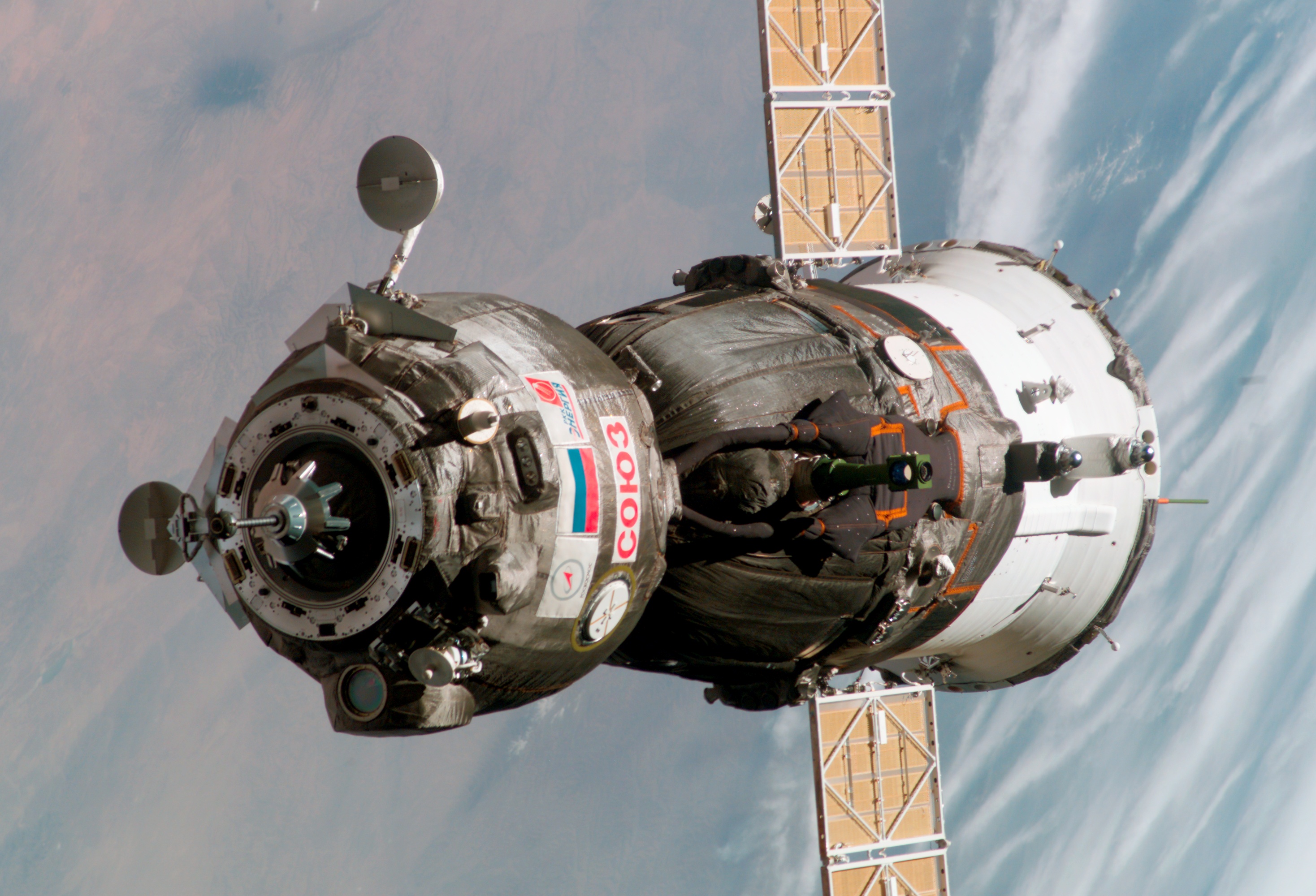I woke up this morning, turned on my MacBook Pro (which I love!) as part of my start of day ritual. I walked outside to get the newspaper, and looked over at my family’s cars. Went into the garage, sat down in my foldout chair, lit up a cigarette, and started to drink my morning coffee out of my spectacular Starbuck’s coffee mug. A familiar theme started to resound in my head. The only things in this morning ritual (including my bathrobe and clothes) that were made in America that I noticed were my newspaper, my cigarette, and my coffee. Everything else was made somewhere else. Of course both the newspaper and cigarette are sunset industries for their own marketplace reasons. The coffee itself will be a thriving business for sometime to come, but the mugs in which it is consumed are not. Therein lies the rub.
We all experience this in each of our daily lives. And I think we all reflect upon it from time to time. It is hard not to. I think we all do this because deep inside, each and every one of us knows what a bad thing our dependency on the rest of the World is. Or at least it feels that way. This morning though, it dawned on me just how bad this condition is becoming for us.

The Space Shuttle Program is set to expire sometime in 2010. That assumes that there are no mishaps along the way. If there is one major mishap that is followed by a costly investigation…that will be the end of the shuttle program. So knowing this, how does America expect to interact with our natural ventures into space? The answer here is as simple as it has been the past decade…we will depend on others for support in manned spaceflight.
The new Constellation Mission, which will take America to the Moon once again, is scheduled for initial operating capability in 2015. That schedule assumes that the current economic climate, contractor capabilities, and other external forces will not impact or interrupt that schedule. I think we all know that we can probably expect some degree of delay in that schedule.

So what does America do for the five years between the end of the shuttle program and the beginning of the first operation of the new Orion spacecraft? The answer is, we will depend on the Russian Space program to launch our interests into space to the International Space Station. What a different world we live in today! I don’t see this as a particularly bad thing politically or otherwise, but I do worry about being able to hold our head high as a nation and as a people. What worries me most, is like every other facet of our country’s existence, are we heading down the scary road of national decline?

This nation’s biggest technological strides have occurred to a large degree as byproducts of our space programs. Our economic and military strength have walked hand in hand with our space programs for as long as I have been alive. The large amounts of money invested in our early space programs have yielded large sums of profit, quality of life improvement, blazing commercial market places, as well as scientific and engineering contributions that the private market space could never supply on its own.
“Governments blaze trails, commerce exploits them and economies grow.” – Jeff Hanley (NASA’s Constellation program manager).
In challenging times like this, where most people are wondering how they are going to get through the current day, how they will attain and keep health-care, how they will provide a future for their children, and how they will navigate through the daily churn of living, it is no surprise that manned spaceflight, astronomy, and cosmology are so far from their minds. Many folks view these activities as something that costs money, and fits the classification of discretionary spending that is only to be done during strong economic times.
Many others and I propose that this is not something that comes from strong economic times, but something that creates strong economic times.
At this moment, NASA is facing budget cuts, and is losing even more media coverage than ever before. National news sources are thinning out their space and science staff. This is all undoubtedly a result of declining public interest and demand for this type of information and service. So the question becomes, how do we re-invigorate this market place that has provided so much of our country’s economic status in the past?
In my experience there are three factors, which can greatly help with re-creating this appetite for space, astronomy, science, and technology
1. The “Wow” Factor – Hands on roping of the general public.
2. Constant Outreach and Communications
3. New technology, new contributions, and new immediate impact economically – Headlines baby!
I will publish three more parts covering each of the above items to discuss this topic!
